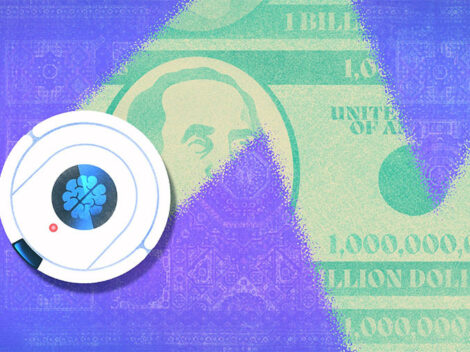The Food and Drug Administration banned Juul from selling its e-cigarettes in the United States Thursday in a major setback for one of the world’s most valuable unicorns.
The FDA’s order affects all of the company’s products sold in the United States, which makes up the majority of Juul’s sales, according to The New York Times. Juul has been criticized for perpetuating teen vaping through its e-cigarettes, which come in flavors like mango and mint.
Search less. Close more.
Grow your revenue with all-in-one prospecting solutions powered by the leader in private-company data.
Juul said it will appeal the FDA’s ruling, according to The New York Times, but it’s unclear where the future of the company stands. It ranks as the 10th most valuable private company in the world, according to the Crunchbase Unicorn Board.
Juul funding history
Before criticism of the company intensified, Juul raised billions from investors including Tiger Global Management, Manhattan Venture Partners and Fidelity.
Its most recent round of funding was in December 2018, when tobacco giant Altria invested $12.8 billion in the company, taking a 35% stake and minting Juul with a $38 billion valuation.
Before that, it raised money in late 2018 from investors including Tiger Global Management, Tao Capital Partners and Sand Hill Angels. It’s unclear when the company reached unicorn status, or a $1 billion valuation.
Before regulators began scrutinizing the company and its advertising tactics, Juul had more than 4,000 employees. Now its headcount is down to around 1,000, mostly in the U.S., and its revenue fell from $2 billion in 2019 to $1.3 billion in 2021, according to The New York Times.
Related reading:
- Juul Raises $12.8B From Big Tobacco As Vaping Grows Up, Sells Out
- Juul Labs Raises $325M To Fuel Global Expansion Of Its Electronic Cigarettes
- Juul To Cut 650 Jobs As It Looks To Right Its Ship
Illustration: Li-Anne Dias

Stay up to date with recent funding rounds, acquisitions, and more with the Crunchbase Daily.




![Illustration of a big hand handing $4B check to founder. [Dom Guzman]](https://news.crunchbase.com/wp-content/uploads/Rise_Of_Massive_Funding-470x352.jpg)

![Computer generating AI data. [Dom Guzman]](https://news.crunchbase.com/wp-content/uploads/AI-generated-470x352.jpg)
![Illustration of a guy watering plants with a blocked hose - Global [Dom Guzman]](https://news.crunchbase.com/wp-content/uploads/quarterly-global-3-300x168.jpg)
67.1K Followers